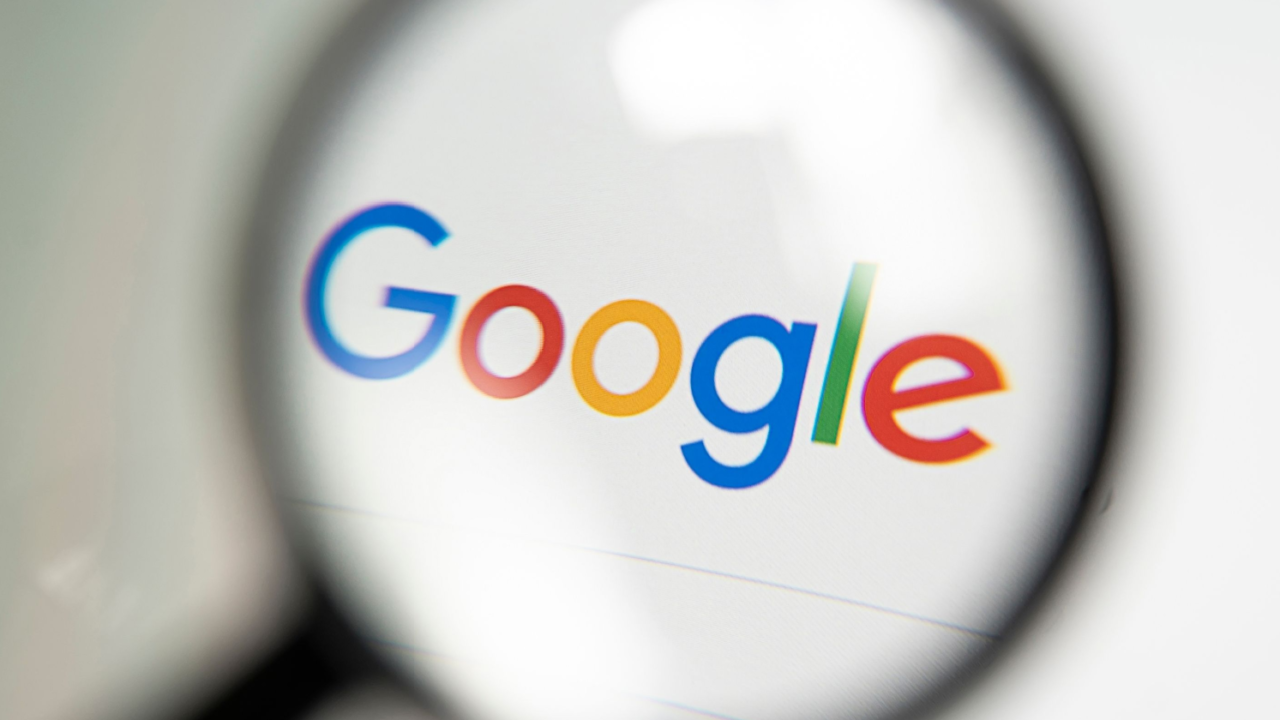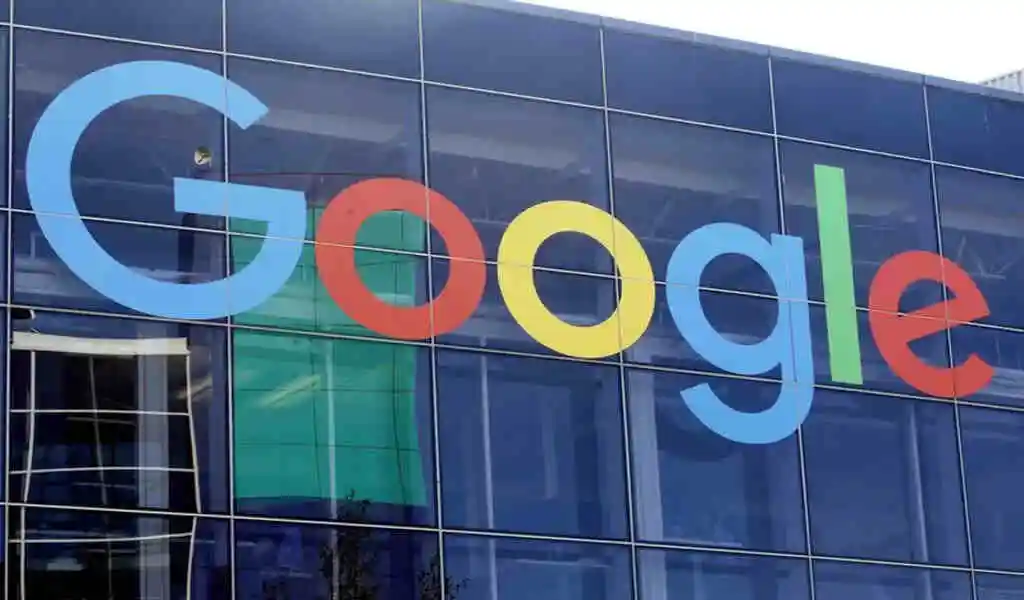Google has violated US antitrust law with its search business, a federal judge ruled Monday, handing the tech giant a staggering court defeat with the potential to reshape how millions of Americans get information online and to upend decades of dominance.
“After having carefully considered and weighed the witness testimony and evidence, the court reaches the following conclusion: Google is a monopolist, and it has acted as one to maintain its monopoly,” US District Judge Amit Mehta wrote in Monday’s opinion. “It has violated Section 2 of the Sherman Act.”
The decision by the US District Court for the District of Columbia is a stunning rebuke of Google’s oldest and most important business. The company has spent tens of billions of dollars on exclusive contracts to secure a dominant position as the world’s default search provider on smartphones and web browsers.

Google Has An Illegal Monopoly On Search, Judge Rules. Here’s What’s Next
Those contracts have given it the scale to block out would-be rivals such as Microsoft’s Bing and DuckDuckGo, the US government alleged in a historic antitrust lawsuit filed during the Trump administration.
Now, said Mehta, that powerful position has led to anticompetitive behavior that must be stopped.
Specifically, Google’s exclusive deals with Apple and other key players in the mobile ecosystem were anticompetitive, Mehta said. Google has also charged high prices in search advertising that reflect its monopoly power in search, he added.
Those contracts have long meant that when users want to find information, Google is generally the easiest and quickest platform to go to, which in turn has fueled Google’s massive online advertising business.
While the court did not find that Google has a monopoly in search ads, the broader strokes of the opinion represent the first major decision in a string of US-government led competition lawsuits targeting Big Tech. This case in particular has been described as the biggest tech antitrust case since the US government’s antitrust showdown with Microsoft at the turn of the millennium.
“This victory against Google is an historic win for the American people,” Attorney General Merrick Garland said in a statement. “No company — no matter how large or influential — is above the law.”
The White House called the ruling “a victory for the American people.”
“As President Biden and Vice President Harris have long said, Americans deserve an internet that is free, fair, and open for competition,” White House Press Secretary Karine Jean-Pierre said in a statement Monday night.
Google said in a statement that it plans to appeal the decision, and that Mehta’s opinion recognized Google as the internet’s best search engine — an argument the company had made in court as the reason consumers preferred Google over the competition.
“As this process continues, we will remain focused on making products that people find helpful and easy to use,” said Kent Walker, Google’s president of global affairs, in a post on X, formerly Twitter.
This case is distinct from a separate antitrust suit brought by the Biden administration against Google in 2023 related to the company’s advertising technology business. That case is expected to head to trial in early September.
But Monday’s decision marks the second high-profile antitrust defeat for Google after a federal jury in California said in December that Google runs an illegal monopoly with its proprietary app store. The court in that case is still deliberating possible remedies.
Possible penalties
Mehta’s decision is expected to trigger a separate proceeding to determine what penalties Google will face. Together with Google’s coming appeal, the entire process may take months or even years for any potential consequences to play out. But the ruling could ultimately upend how Google makes its search engine available to users, by impacting its ability to make the pricey deals with device makers and online service providers that were at the heart of the case.
Other remedies could be on the table, too. For example, the court could force Google to implement a “choice screen” letting users know about other available search engines, Vanderbilt University law professor Rebecca Allensworth told CNN.
The company is also likely to face a monetary fine, although fines are “not the primary way in which the American antitrust system enforces the law,” because they tend to be a “drop in the bucket for a huge, very profitable company like Google,” she said.
At the time the lawsuit was first filed, US antitrust officials also did not rule out the possibility of a Google breakup, warning that Google’s behavior could threaten future innovation or the rise of a Google successor.
‘Definitely a landmark’
Monday’s decision against Google will likely be remembered in the same breath as other major antitrust cases throughout history, some antitrust experts said. That list includes the breakup of AT&T’s telephone monopoly and Standard Oil, as well as Microsoft’s illegal bundling of its Internet Explorer web browser with Windows, said Diana Moss, vice president and director of competition policy at the Progressive Policy Institute.

Google Has An Illegal Monopoly On Search, Judge Rules. Here’s What’s Next
In each of those cases, Moss said, the courts highlighted a specific business practice or mechanism — such as Microsoft’s browser bundling — as a violation of US competition law.
The Google decision this week is no different, zeroing in on the search giant’s exclusive contracts and finding huge problems with the use of such by large, monopolistic firms.
“This is definitely a landmark,” said Moss, adding that “it’s very clear in signaling that the use of exclusive contracts in the hands of a monopolist violates the law.”
However, Adam Kovacevich, founder of the tech advocacy group Chamber of Progress and a former Google policy director, pushed back on the ruling, saying, “the biggest winner from today’s ruling isn’t consumers or little tech, it’s Microsoft.”
“Microsoft has underinvested in search for decades, but today’s ruling opens the door to a court mandate of default deals for Bing. That’s a slap in the face to consumers who chose Google because they think it’s the best,” Kovacevich said. Microsoft CEO Satya Nadella testified as part of the Google antitrust trial.
The decision won’t just affect users of Google’s search engine. It will also have ripple effects across the economy as businesses digest the message Mehta is sending about business contracts, Moss said.
The ruling could also be a bellwether for other major tech antitrust cases, including against Apple and Amazon. Both Amazon and Apple have called the antitrust lawsuits filed against them “wrong on the facts and the law.” It could also boost to the Justice Department’s antitrust lawsuit against Live Nation, the parent of Ticketmaster, Moss said, given how central exclusivity deals are to that lawsuit.
“There are a lot of parts of the government’s arguments in its case against Google that are puzzle pieces to their other cases,” Allensworth said.
Artificial intelligence at stake
Mehta’s 277-page opinion follows a lengthy, multiweek trial last year that saw high-ranking executives from Google, as well as rivals and partners including Apple, Microsoft and others, testify in person. Much of the complex proceeding took place behind closed doors, reflecting the sensitive business information involved in the deals that powered Google’s search dominance.
At trial, some critics warned that Google’s search monopoly, which is fed by a never-ending supply of user search queries, would allow it to leapfrog to a dominant position in artificial intelligence.
The enormous amount of search data that is provided to Google through its default agreements can help Google train its artificial intelligence models to be better than anyone else’s — threatening to give Google an unassailable advantage in AI that would further entrench its power, Microsoft CEO Nadella said from the witness stand.
Nadella’s testimony highlighted how the government’s case may have far-reaching effects that go beyond traditional search and may shape the future of a technology world leaders have described as potentially transformational.
If the court takes away Google’s agreements that make it the default search engine on so many devices, it could hurt the company’s core product at an extremely pivotal moment, Emarketer senior analyst Evelyn Mitchell-Wolf said in an emailed statement.
“Its ubiquity is its biggest strength, especially as competition heats up among AI-powered search alternatives,” Mitchell-Wolf said, referring to the growing threat to Google’s search dominance posed by artificial intelligence search tools like OpenAI’s ChatGPT.
SOURCE | AP









